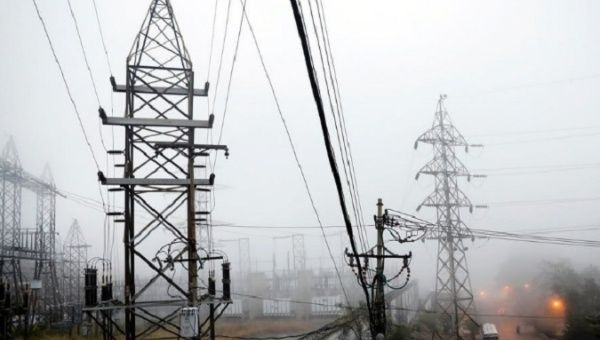The Minister of Mines and Energy for Brazil, Alexandre Silveira, announced that his country is resuming attempts to establish a connection to Venezuela’s electrical grid, in order to import electricity from the Caribbean country.
The reconnection with Venezuela was cut off in 2019 by the then President Jair Bolsonaro. According to him, it is a project that strives to offer energy security to the areas in northern Brazil. The minister was recently in New York to unveil an energy transformation project.
Also read: Project for Development of Electricity Connections breaks grounds in Koudougou, Burkina Faso
A directive to re-import clean, renewable electrical energy, particularly the hydraulic energy from the Guri plant, was issued, according to Silveira. He said that they had already started the integration process with Venezuela.
As the only part of Brazil that is still not connected to the national electrical grid, the interruption of energy imports from Venezuela had an impact on the energy supply to the state of Rorai.
Agreement to reconnect electrical grid
The electrical grid connecting the two countries will be reconnected. This is as agreed upon by Venezuelan President Nicolas Maduro and Brazilian President Lula da Silva in May.
The leader of Bolivarian declared that to recover the transmission lines, investments of at least $4 million USD would be required. These lines had deteriorated due to inactivity.
In order to ensure Roraima’s energy security, Brazil is currently working on another front by constructing a transmission line that will link Roraima and Manaus.
The transmission line’s first two towers will be inaugurated by Silveira in October. The two towers will connect Roraima with Brazil’s national electrical grid for the first time.
To sum up, Brazil’s efforts to restore its energy link with Venezuela are important. These efforts aim to lessen its dependence on energy imports, marking significant developments in the region. They will help Brazil be more energy secure and self-sufficient. They will also ensure a consistent electricity supply for the northernmost part of the country.

